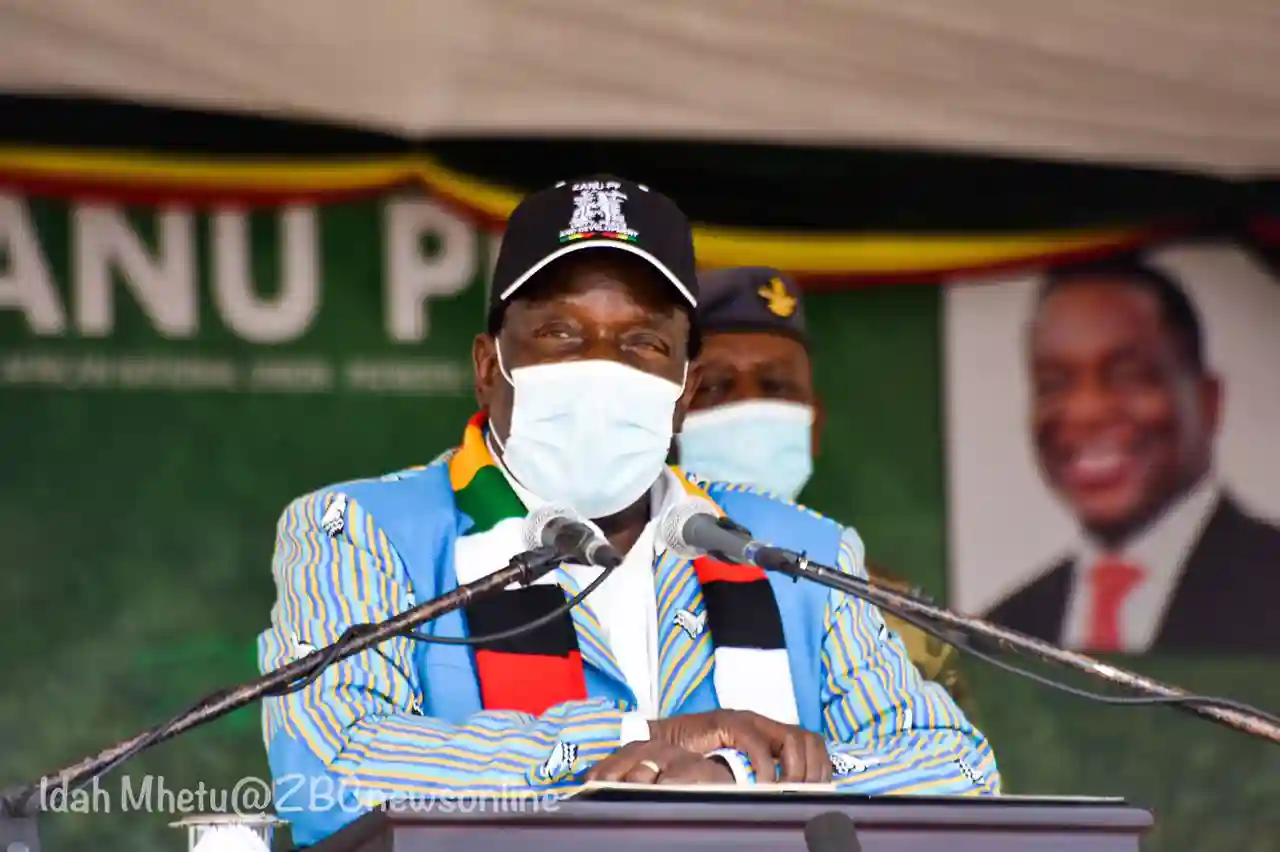President Emmerson Mnangagwa has defended the controversial Private Voluntary Organisations (PVO) Amendment Bill saying it is meant to flush out dirty money and stop non-governmental organisations (NGOs) that seek to undermine the country’s sovereignty.
In December 2021, four United Nations special rapporteurs wrote a letter to Mnangagwa raising concerns about the Amendment Bill.
They said some provisions of the Bill may serve as the basis for restricting the operation of many NGOs, including human rights groups, currently operating as Universitas organizations.
But writing in his weekly column in The Sunday Mail, Mnangagwa said the law will “flush out dirty money” being laundered through some NGOs. He said:
What the Bill seeks to do is to stop mischief which has often sought to take advantage of the poor and situations of need in the country.
Additionally, it seeks to flush out dirty money, which is often laundered through some PVOs …
Above all, it seeks to stop the subversion of national processes by foreign actors who often front political NGOs.
Electoral processes are solely for citizens; they should never come under the undue influence of outsiders who hold no legitimate stake in our country.
To allow that to happen undermines our sovereignty and the integrity of those processes.
The Private Voluntary Organisations Amendment Bill proposes that the Minister will undertake a risk assessment of all PVOs at least once every five years.
Based on a risk assessment, the Minister may decide that certain sectors or types of PVOs are at high risk of being used by terrorist organizations for their nefarious activities.
The UN officials said the risk assessment designation is vague and gives the Minister broad powers that he may use to limit the civic space. Their letter to Mnangagwa, dated 17 December 2021, read in part:
The ambiguity of the risk assessment designation as provided in the Amendment Bill is particularly worrisome in light of the broad power granted to the Minister to “prescribe such additional or special requirements, obligations or measures” to a high-risk entity.
The power to “revoke licensing or registration of a non-compliant private voluntary organization or to order removal of a director, trustee, employee or other office bearer of a private voluntary organizations” may have a particular chilling effect on civic space.
We are seriously concerned that the overall prospective impact of the Amendment Bill, would likely be detrimental to civic space in Zimbabwe.

